Overview of Engagement
The Maryland State Board of Education and the Maryland State Department of Education are developing a multiyear Strategic Plan for the future of Maryland’s education system. Public schools serve to prepare our future workforce and future community leaders and it is critical that we hear from as many people as possible throughout the process.
The Maryland State Board of Education and the Maryland State Department of Education are developing a multiyear Strategic Plan for the future of Maryland’s education system. Public schools serve to prepare our future workforce and future community leaders and it is critical that we hear from as many people as possible throughout the process.
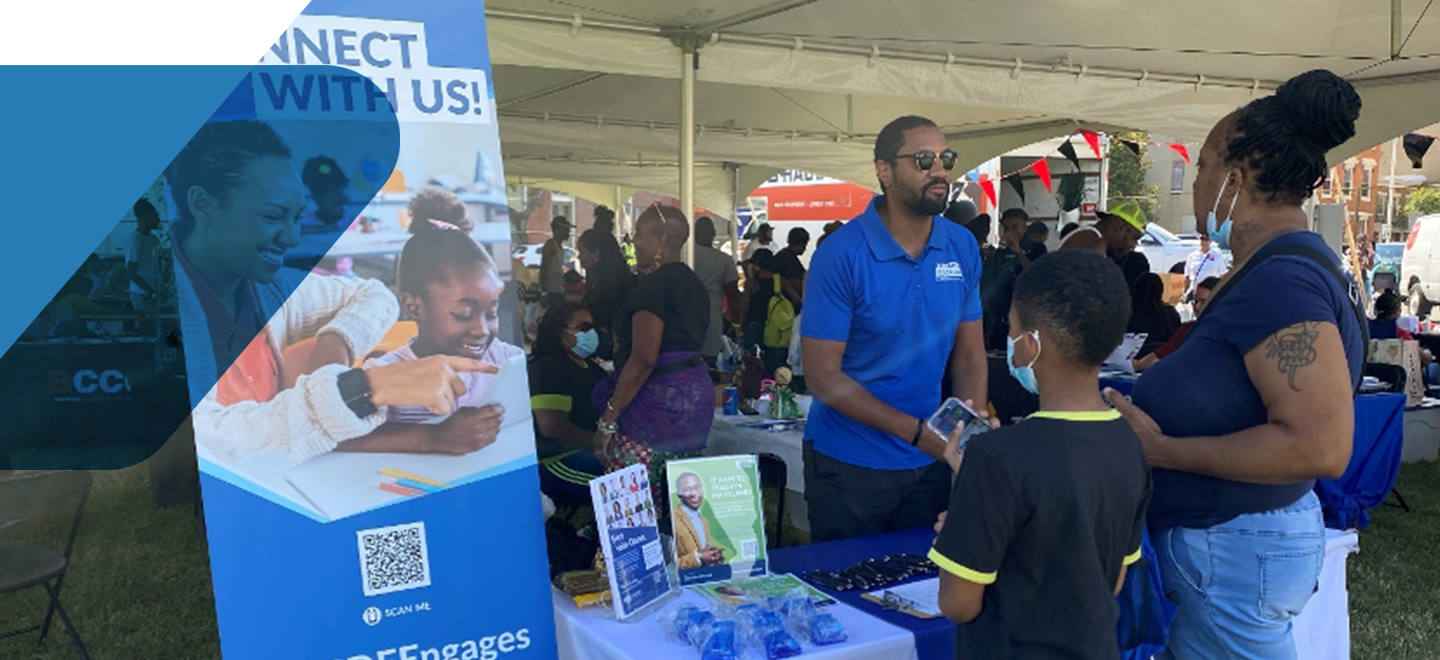

Stakeholder Engagement
Engagement for Phase 1 of the strategic planning process focused on obtaining feedback from a wide range of stakeholders that represented the diversity of the state. Stakeholders included groups such as: students, families, educators and school/district staff, community organizations, advocates and experts, business community, and higher education partners.
Stakeholder Engagement
Engagement for Phase 1 of the strategic planning process focused on obtaining feedback from a wide range of stakeholders that represented the diversity of the state. Stakeholders included groups such as: students, families, educators and school/district staff, community organizations, advocates and experts, business community, and higher education partners.
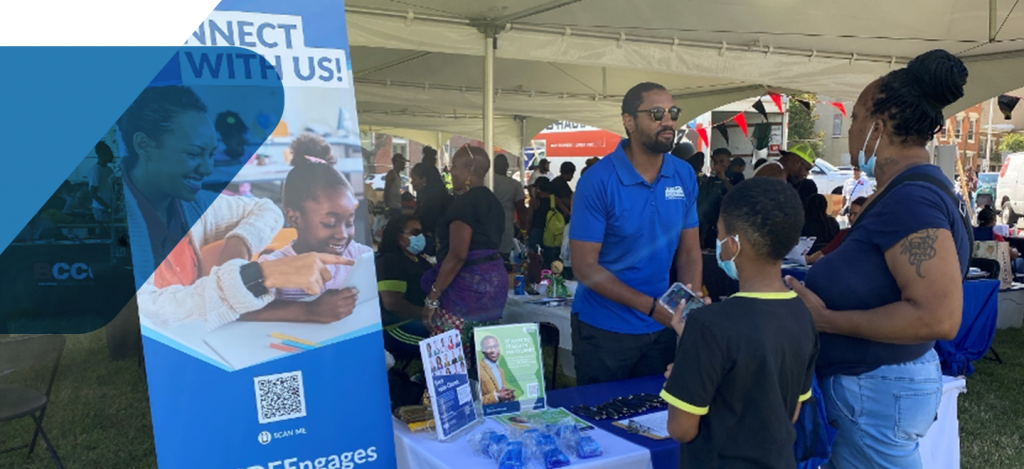
Stakeholder Engagement
Engagement for Phase 1 of the strategic planning process focused on obtaining feedback from a wide range of stakeholders that represented the diversity of the state. Stakeholders included groups such as: students, families, educators and school/district staff, community organizations, advocates and experts, business community, and higher education partners.
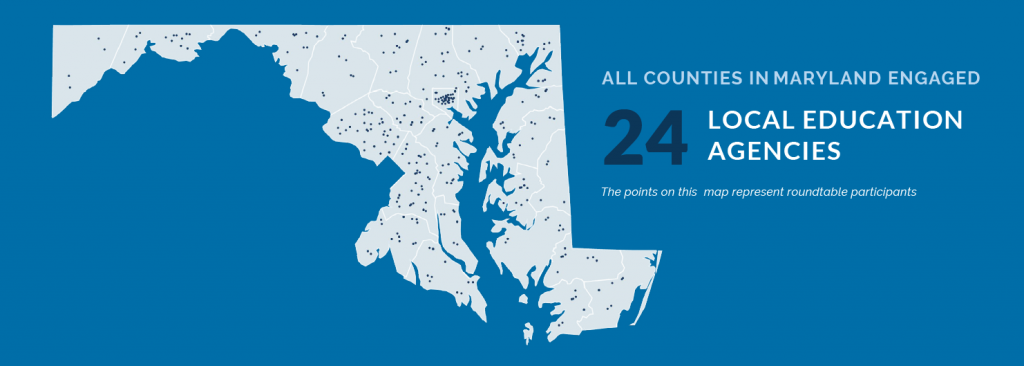
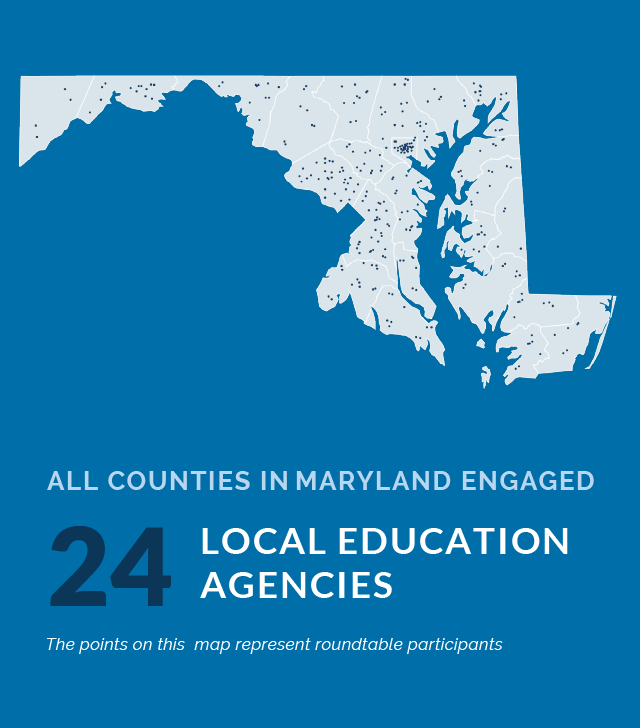
Methods of Engagement
The purpose of the survey was to allow as many people as possible, in every community and every stakeholder group, to provide feedback on the state of public education in Maryland and the top priorities for improvement.
The purpose of the round tables is to engage in dialogue with a specific stakeholder group or with a range of stakeholders on a specific topic through a small group discussion format.
Listening sessions provided a space for community partners to share input on the Strategic Plan. Listening sessions were hosted by external groups with technical assistance provided by Maryland State Department of Education staff.
Events included presenting the strategic planning process to community organizations, advisory councils, school district and family events, and other stakeholder meetings (festivals, fairs, conferences, etc.)
Community conversations were developed as a mechanism for the State Superintendent to be able to engage specific communities outside of the data collection process for the strategic plan. Similar to round tables, community conversations engage a small group of stakeholders in a discussion.
These presentations provided an opportunity for local education leaders to learn about the strategic planning process, discuss and analyze regional data trends, and provide feedback on what they deemed necessary in order to implement the priorities and enablers.
Charettes provided a forum for diverse stakeholders to engage in creative discussion and provide immediate feedback on the flagship programs, initiatives, strategies that will support the realization of the Strategic Plan priorities, enablers, and goals.
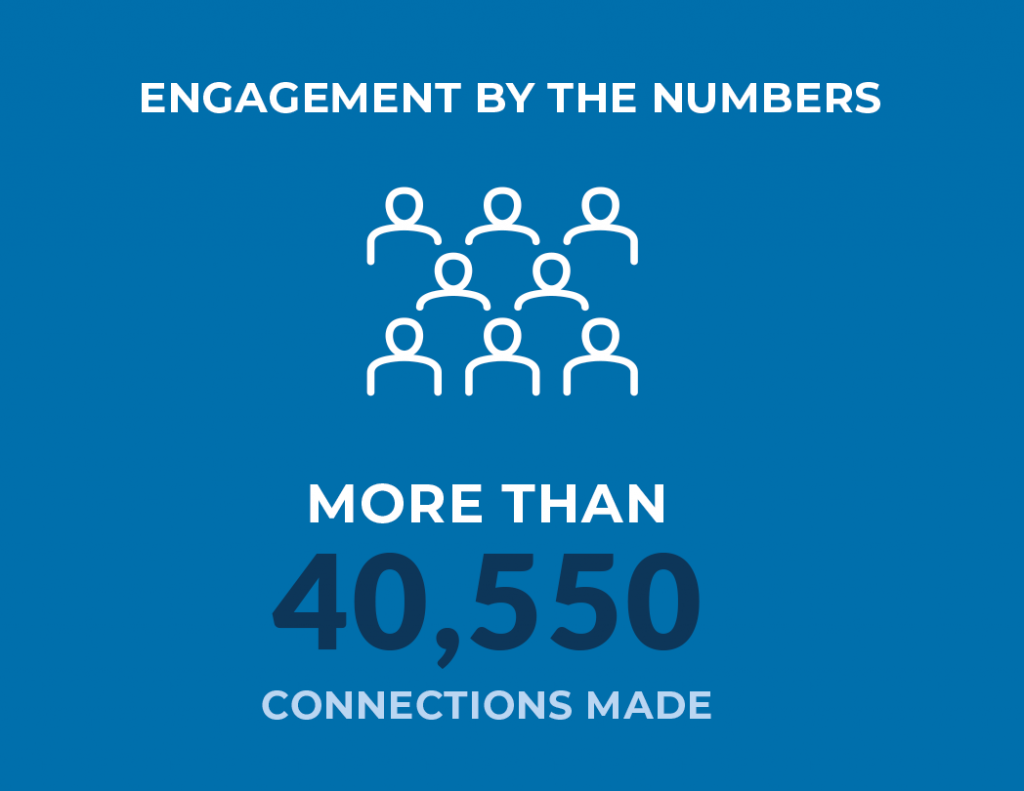

29,200+ respondents from every county in Maryland completed the survey

30 virtual round tables held and a total of 400+ participants across the state

26 listening sessions attended 1,640+ participants surveyed

24 local education agencies engaged across the state